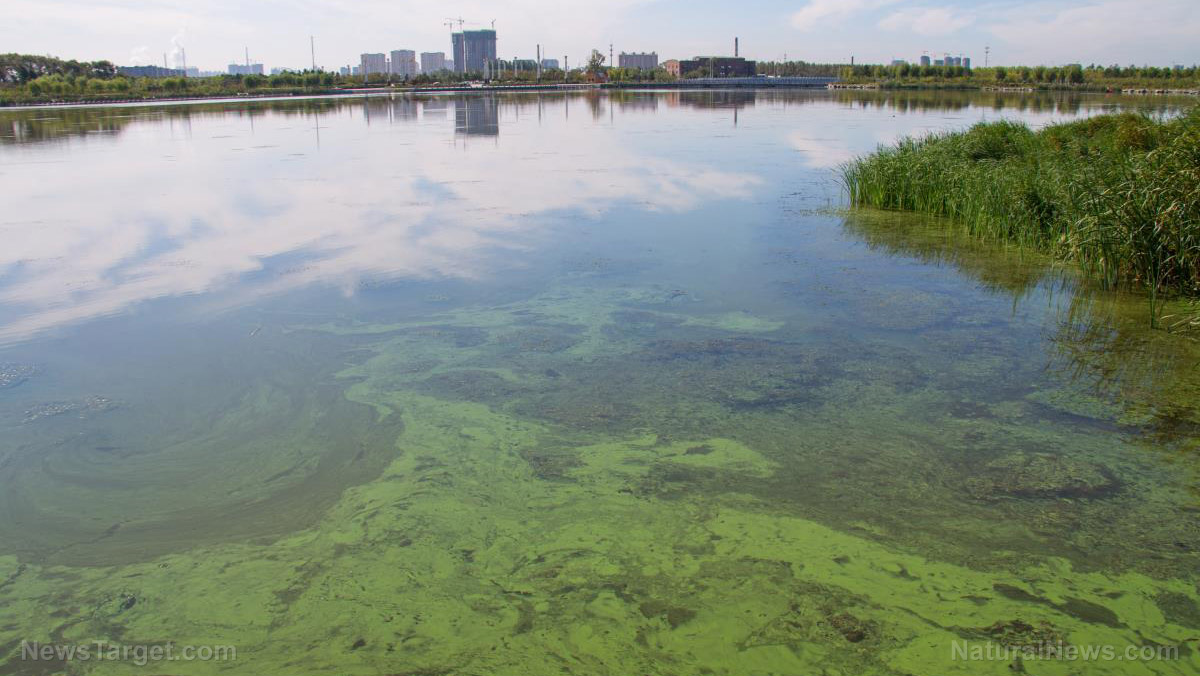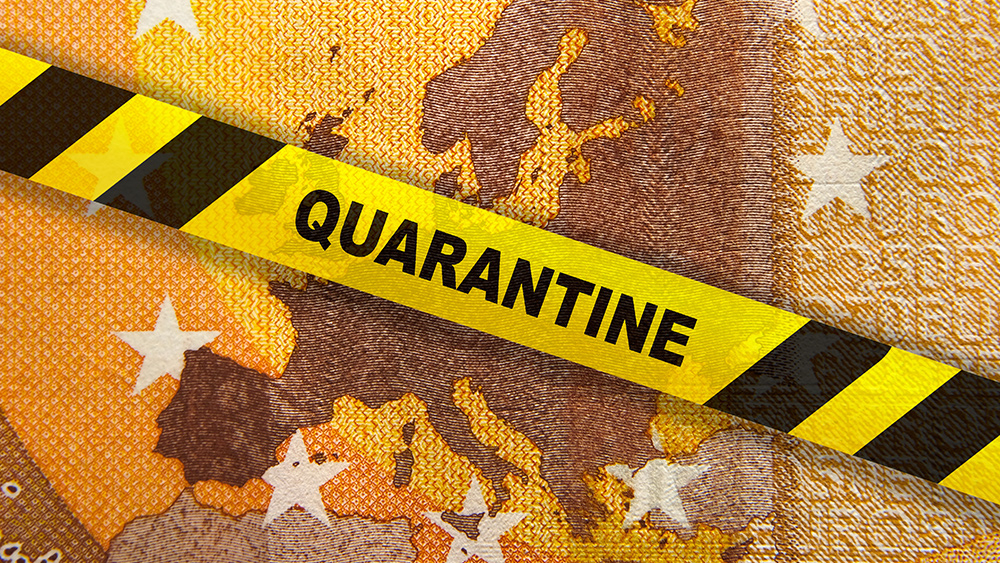Coronavirus is now being found in biosludge
04/14/2020 / By Ethan Huff

Tests conducted at a wastewater treatment plant in Massachusetts have confirmed some people’s worst nightmare: that the Wuhan coronavirus (COVID-19) persists in raw sewage.
A biotechnology startup firm known as Biobot Analytics reportedly collected samples from the facility, which is located near an unnamed metropolitan area of Massachusetts, and tested them back in March. They found evidence of the Wuhan coronavirus (COVID-19), and reported their findings in a study published in the journal medRxiv.
Though the study has yet to be peer reviewed, Eric Alm, one of its authors, emphasized that the public is not at risk of contracting the Wuhan coronavirus from wastewater particles. However, evidence that it exists there could be indicative of just how widely the virus has spread.
“Even if those viral particles are no longer active or capable of infecting humans, they may still carry genetic material that can be detected using an approach called PCR (polymerase chain reaction), which amplifies the genetic signal many orders of magnitude, creating billions of copies of the genome for each starting virus,” Alm told Newsweek.
Along with other researchers from the Massachusetts Institute of Technology, Harvard University, and Brigham and Women’s Hospital, Alm looked carefully at the samples and determined that some 2,300 people in the area had become infected with the virus, even though there were only 446 confirmed cases in the region.
“It was interesting that our estimation was definitely higher than the number of confirmed cases in the area,” added Mariana Matus, the CEO and co-founder of Biobot.
“They could believe that [our] numbers could be correct and not out of the realm of possibility,” she added, noting that after sharing the data they compiled with local health officials, there was agreement among all of them that perhaps many cases of the Wuhan coronavirus (COVID-19) went undetected.
Be sure to listen below to The Health Ranger Report as Mike Adams, the Health Ranger, talks about how the spread of the Wuhan coronavirus (COVID-19) has given us x-ray vision for identifying government incompetence:
So what about biosludge?
Though Alm doesn’t want anyone to worry, there is concern about exposure to these viral particles in the form of toxic “biosludge,” which we’ve previously reported is wastewater solids that are collected and spread on food crops as “fertilizer.”
While many are already aware of the contamination risks associated with biosludge in terms of pharmaceuticals, crop chemicals, and other lurking residues that don’t get filtered out at wastewater treatment plants, we now have the Wuhan coronavirus (COVID-19) to consider.
This isn’t necessarily to say that coronavirus-contaminated biosludge is definitely going to infect people who eat food grown from it with the virus, because that more than likely won’t happen. But it does pose more questions about what, exactly, we’re spreading all over our food in the name of “sustainability” and “recycling.”
It’s a known fact that the federal government is lying about the safety of biosludge already, minus the added risk of the Wuhan coronavirus (COVID-19). So, what else is it lying about at a time when everyone is having to stay indoors or wear masks to supposedly protect themselves against a deadly contagion?
“Community wastewater is a proven source of information that otherwise is difficult to obtain,” says Rolf Halden, a researcher at Arizona State University who was not involved in the study, about the telling nature of the wastewater that, in many cases, ends up being “repurposed” as crop fertilizer.
“While wastewater analysis does not replace testing of individuals, it provides useful data very economically, rapidly and at scale.”
More of the latest news about the Wuhan coronavirus (COVID-19) is available at Pandemic.news.
Sources for this article include:
Tagged Under: Biobot Analytics, Biosludge, China, Chinese Virus, coronavirus, covid-19, disease, environment, global emergency, Global Pandemic, infection, Massachusetts, novel coronavirus, outbreak, pandemic, virus, wastewater, Wuhan, Wuhan coronavirus



















